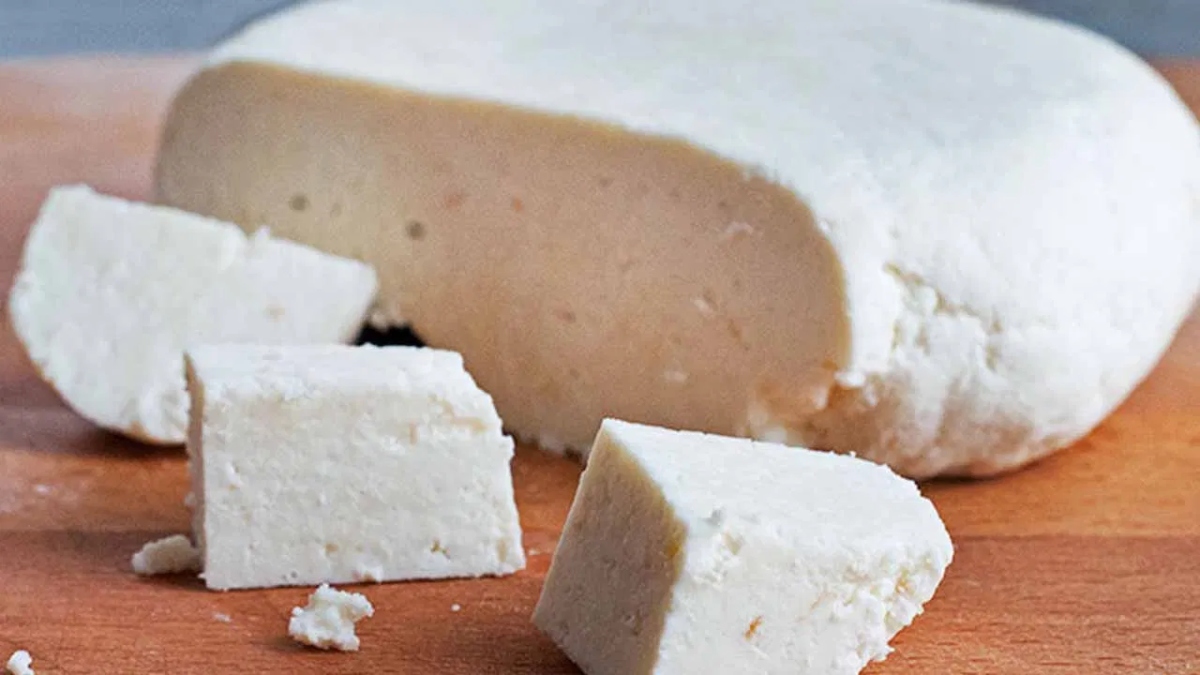Late Friday night a Mahindra pickup truck travelling through Noida’s Sector 63 piqued the local police’s interest. The police, acting on a tip-off that the truck carried 14 quintals of adulterated paneer, eventually forcibly stopped the truck. What the police discovered inside led to an alleged interstate racket that had been quietly pushing adulterated paneer into Delhi-NCR’s food markets for a minimum of six months.
When questioned, the truck driver, Gulfam a 32-year-old resident of Aligarh’s Shajapur village implicated a plant in Sahajpura village located in the district where the adulterated paneer was being made. The police went to the plant and arrested three other men: 36-year-old Guddu alias Rish who was operating the plant and Ikhlaq (30) and Naved (20) who were the distributors.
All four arrested men belong to the same region in Aligarh, said officers.
According to police, the racket has been in existence for the last six months. The adulterated paneer was sold to street vendors and small eateries in Delhi and Noida, for prices ranging from Rs 180 and Rs 220 per kilogram, whereas it costs almost double that price.
Police say the process to make the adulterated cottage cheese is very systematic. At the plant, large sacks of starch-heavy agricultural beans – referred to as “Red Bull Sortex Clean” – were soaked in water and boiled. Chemical whiteners and poster colours were also added to mimic the milk-like appearance and texture. And then, a blue chemical – which remains unidentified – was added to curdle that mixture so that it was able to get paneer-like properties. After cooling the mixture – which was then strained through cloth – it then resembled blocks of authentic paneer.
Another hiding of the paneer was observed, and it involved an entirely different recipe; the new recipe used milk powder instead of the beans with water, or whatever the liquid is called “saprota.” Then, “Palmolin,” an industrial oil used to process food, was mixed in and gave the ‘saprota’ a creamy appearance. Chemicals were added to this mixture then when the next step solidified it into the blocks, which resembles the pressurized materials from earlier batches.
A case has been filed at the Sector 63 police station under sections 274, 275, and 318 (4) of the Bharatiya Nyaya Sanhita . More arrests are likely, police said. Officers said they are working to track down all vendors and buyers associated with the operation.
Food safety officers, otherwise called in after the arrests, deemed the materials a serious health risk. “Palm oil and poster colour are not just adulterants, they are harmful to human health,” said a food safety officer, adding that samples of the suspected paneer have been sent for lab analysis. Legal action under the Food Safety and Standards Act is expected when the lab reports come.
“The accused prepared adulterated paneer from the recovered material and sold it as real paneer by deceiving shopkeepers in the NCR,” the police said in a statement.
With iodine tincture and a test of the pancake method, we may be able to identify the fake paneer. When iodine tincture is used on real paneer, nothing happens. But when iodine is applied to paneer made from starch, it turns black.
In videos from the police operation, police officers at the Sahajpur plant remove the adulterated paneer from cloth packaging. The Sahajpur facility which was in a nondescript building had sacks of powder, drums of oil and a machine that worked to create cheese-like blocks.












